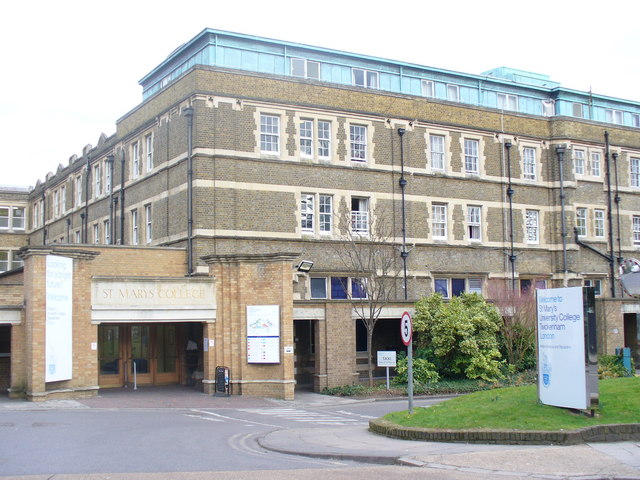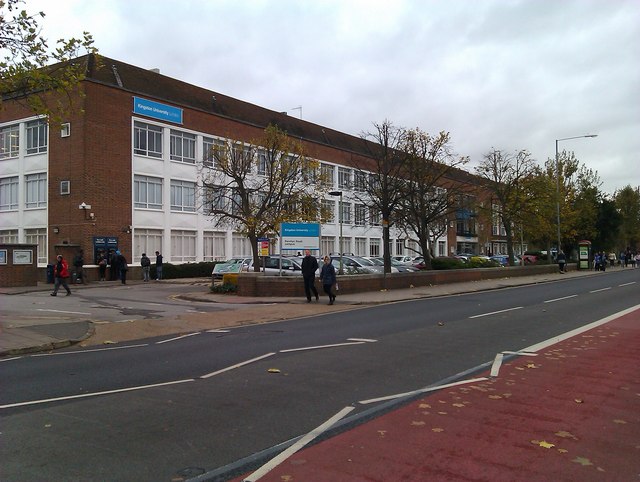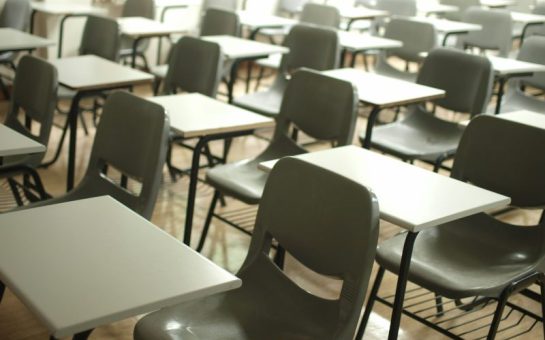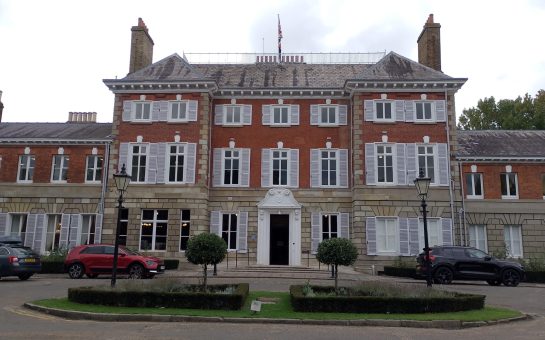Only six universities in England and Wales have a blanket-ban on sex between students and lecturers, including Roehampton.
Research from the book, Unsafe Spaces: Ending Sexual Abuse in Universities, looks into sexual harassment and abuse at universities in England and Wales.
Authors Eva Tutchell and John Edmonds, an education advisor and a Visiting Fellow of King’s College, London, respectively, claim these relationships cannot be consensual due to the imbalance of power, saying lecturers are exploiting their position.
They define ‘sexual harassment and abuse’ as a range of sexually offensive behaviour.
Tutchell and Edmonds’ research suggest around 15% of female and 3% of male students are abused whilst at UK universities.
Roehampton is one of the six universities to have policies in place.
This number equates to 1 in 20 universities in England and Wales.
A University of Roehampton spokesperson said: “Our policy prohibits staff to enter into a personal relationship with a student for whom they have a professional responsibility.”

Tutchell and Edmond’s claim about 50,000 students are sexually abused each year.
The authors believe relationships between lecturers and students may lead to allegations of favouritism, and in most cases, the interests of students aren’t protected.
Edmonds and Tutchell believe universities have an obligation to ensure a greater level of safety for their students.
They also believe universities should intervene if these relationships occur.
We spoke to other south west London universities to understand their position on the policy and whether they will follow suit.

A spokesperson for St Mary’s University said: “The wellbeing of our students is our highest priority and St Mary’s has policies in place to ensure the outcomes and experience of students are protected where consensual relationships with staff occur.”
Charlie Canning, St. Mary’s Student Life SU President added: “We recognise that this is an issue that concerns students across the country and the safety and wellbeing of the St Mary’s student body is our highest priority.”
“We look forward to helping to shape policy on this in the future.”

A spokesperson from Kingston University said: “While respecting individuals’ rights to make their own choices in their personal lives, the University has a range of measures in place to ensure all members of its community abide by its values and the high standards of behaviour expected of them.
“The University has a robust framework in place to ensure fairness and transparency are upheld throughout course delivery and academic assessment.”
The National Union of Students’ report, Power in the Academy (2018), further highlights the need for greater attention to staff sexual misconduct.
Universities UK commented: “All students, lecturers and other staff are entitled to a safe and positive experience and universities are committed to becoming safer places to live, work and study.”
UUK say they will be publishing guidance to universities later this year on managing staff on student misconduct, with a range of recommendations.




